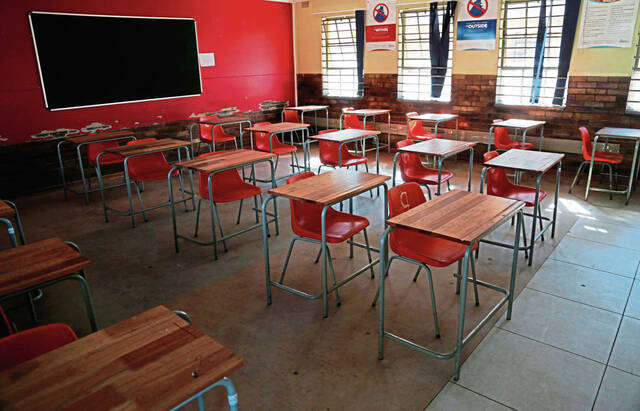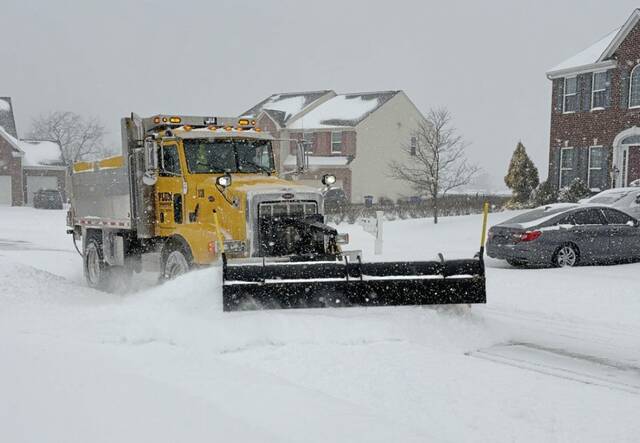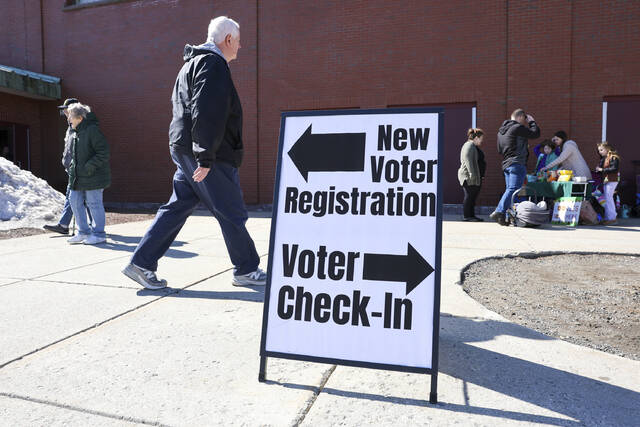Does Pennsylvania’s Opportunity Scholarship Tax Credit give parents and students more freedom to access the kind of high-quality education available from the state’s private schools?
Or does it discriminate against kids from different religions, kids with disabilities or those who may be LGBTQ+?
Education Voters of Pennsylvania is a nonprofit advocacy group and a project of the Keystone Research Center and Pennsylvania Budget and Policy Center, which independently analyzes state money and government.
The nonprofit wants to see lawmakers pay closer attention to Opportunity Scholarships, which put taxpayer money into private and parochial schools. That is in addition to handling a court ruling that the state’s property-tax model for education funding is inherently discriminatory against poor districts.
The scholarships, essentially a voucher program, have made it possible for many families to choose educations they wouldn’t otherwise be able to afford. The dioceses of Pittsburgh and Greensburg have received millions in tax credit funds for students to attend their schools, which run from pre-K to high school.
The Education Voters of Pennsylvania report on 160 of the 800 schools that can receive the tax credits shows possible discrimination on the application or requirements after acceptance.
“It is the schools that are choosing students,” director Susan Spicka told the Associated Press.
It might seem like this is ganging up on state lawmakers and the governor who already are at odds over so many aspects of education. In 2023, the issue of vouchers has been particularly hairy as Gov. Josh Shapiro tried to broker a budget deal with Republicans by supporting it, then pivoting when Democrats bristled at the idea.
That is why this report is something that should be addressed at the same time as other funding concerns, like the court ruling.
To consider the Education Voters of Pennsylvania’s points would allow there to be one plan, rather than figuring out education spending and then having to do it all over again to address the scholarship concerns.
But like so much of the education funding debate in Pennsylvania, it’s likely to come down to a partisan wrestling match with little real progress.








